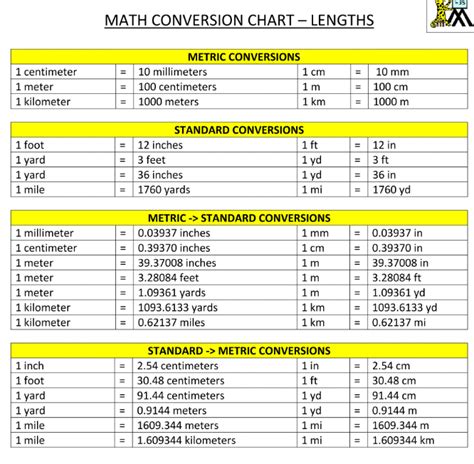Converting between units of measurement can be a daunting task, especially when it comes to distances. One common conversion that athletes and fitness enthusiasts often need to make is from meters to miles. In this article, we will focus on converting 400 meters to miles, providing you with a comprehensive guide on how to make this conversion easily.
Understanding the Basics
Before we dive into the conversion process, it's essential to understand the basics of both units of measurement. The meter is the base unit of length in the International System of Units (SI), while the mile is a unit of distance in the imperial system. The meter is defined as the distance traveled by light in a vacuum in 1/299,792,458 of a second, while the mile is equal to 5,280 feet or 1,760 yards.
Converting 400 Meters to Miles
Now that we have a basic understanding of both units, let's move on to the conversion process. To convert 400 meters to miles, we can use a simple conversion factor. One mile is equal to 1,609.34 meters, so we can set up a conversion factor as follows:
1 mile = 1,609.34 meters
To convert 400 meters to miles, we can divide 400 by 1,609.34:
400 meters ÷ 1,609.34 = 0.2485 miles
So, 400 meters is equal to approximately 0.2485 miles.

Using Conversion Charts and Tables
While the conversion factor method is straightforward, it can be helpful to use conversion charts and tables to make quick conversions. These charts and tables can be found online or in athletic and fitness resources. For example, a conversion chart might show the following equivalencies:
| Distance (meters) | Distance (miles) |
|---|---|
| 100m | 0.0621 miles |
| 200m | 0.1242 miles |
| 400m | 0.2485 miles |
| 800m | 0.4971 miles |
| 1600m | 0.9942 miles |
Using a conversion chart or table can save you time and effort when making conversions, especially if you need to make multiple conversions.
Common Applications of 400m to Miles Conversion
Converting 400 meters to miles is a common requirement in various athletic and fitness contexts. Here are some examples of when you might need to make this conversion:
- Track and field events: In track and field events, distances are often measured in meters. However, athletes and coaches may need to convert these distances to miles to track progress or compare performances.
- Running and jogging: Runners and joggers often track their distances in miles, but may need to convert to meters to compare their performances with others or to participate in events that use the metric system.
- Fitness and training programs: Fitness and training programs may use meters or miles to measure distances, and converting between the two units can be necessary to ensure accurate tracking and progress monitoring.
Tips for Accurate Conversions
To ensure accurate conversions, here are some tips to keep in mind:
- Use a reliable conversion factor: Make sure to use a reliable conversion factor, such as 1 mile = 1,609.34 meters.
- Double-check your calculations: Double-check your calculations to ensure accuracy, especially when making multiple conversions.
- Use conversion charts and tables: Use conversion charts and tables to save time and effort, especially when making multiple conversions.
- Understand the context: Understand the context in which you are making the conversion, as this can affect the level of precision required.
Gallery of Distance Conversions






FAQs
What is the conversion factor for 400m to miles?
+The conversion factor for 400m to miles is 1 mile = 1,609.34 meters. To convert 400m to miles, divide 400 by 1,609.34.
Why do I need to convert 400m to miles?
+You may need to convert 400m to miles in various athletic and fitness contexts, such as track and field events, running and jogging, and fitness and training programs.
How can I ensure accurate conversions?
+To ensure accurate conversions, use a reliable conversion factor, double-check your calculations, use conversion charts and tables, and understand the context in which you are making the conversion.
By following the tips and guidelines outlined in this article, you can easily convert 400 meters to miles with accuracy and confidence. Whether you're an athlete, coach, or fitness enthusiast, understanding this conversion can help you track progress, compare performances, and achieve your goals.
